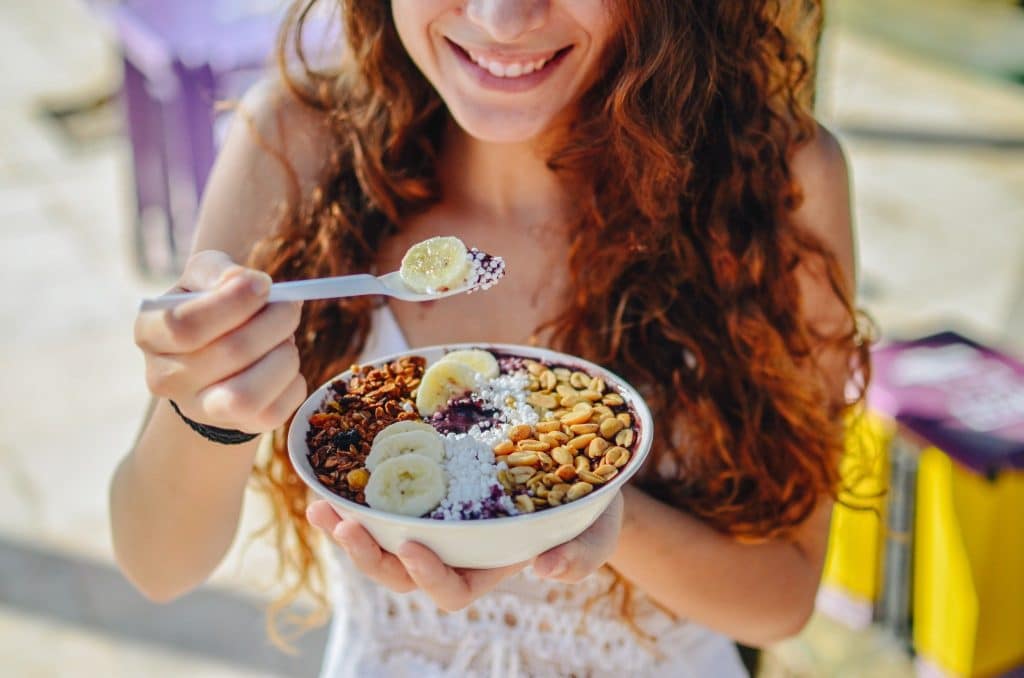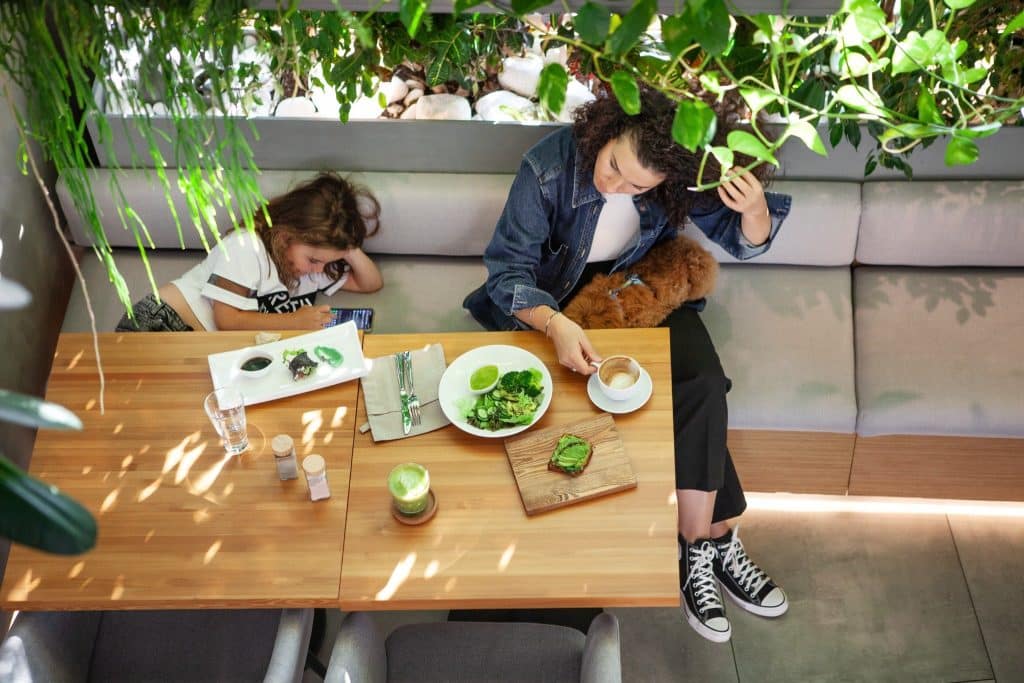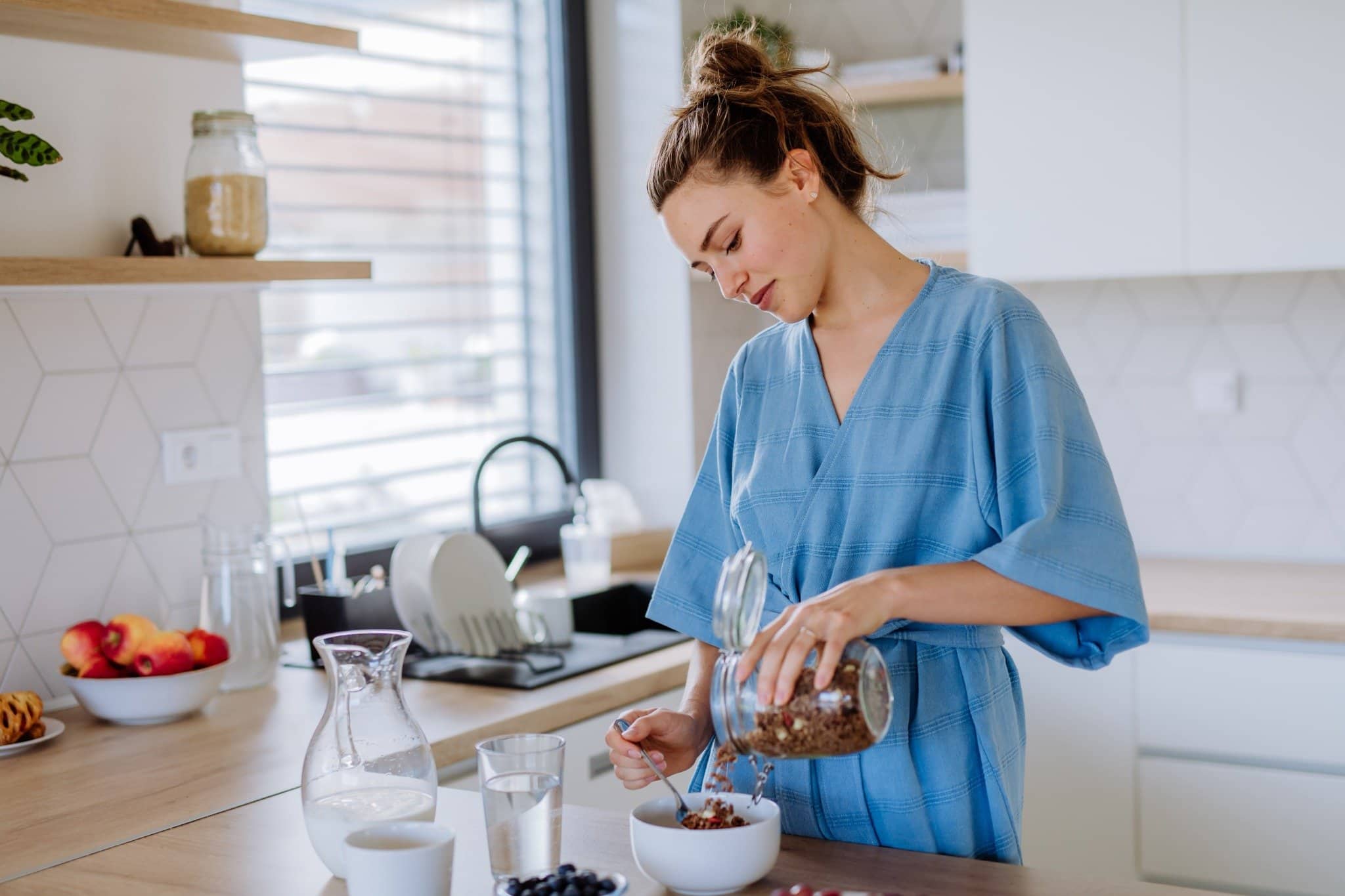The future of clean eating is shaping how people eat, shop, and think about food. Gone are the days when health was tied to long ingredient lists or confusing dietary plans. Now, people want food that is simple, transparent, and nourishing. Minimal ingredients deliver maximum benefits, and that’s where the movement is heading. This lifestyle is not about restriction.
It is about embracing fresh, natural, and sustainable options that feel good for the body and mind. As we look forward, it is clear that the future of clean eating will influence every choice, from our snacks to the way we think about global food systems.
Why the Future of Clean Eating Matters
The future of clean eating matters because it redefines what food should be: real, simple, and beneficial. For decades, shelves were filled with ultra-processed foods, each more complicated than the last. Today, shoppers want to know what they’re buying. They’re reading ingredient lists, searching for labels they can trust, and questioning what goes into their bodies.
Research shows that eating fewer processed foods lowers the risk of inflammation, obesity, and chronic disease. That is why many health-focused readers now explore resources like Gut Health, where nutrition experts highlight how clean foods improve digestion and immunity. Choosing clean eating means choosing long-term health over quick fixes.

Minimalism in Food: Less Is More
Minimalism in food is not just a style—it is a philosophy. The future of clean eating embraces fewer ingredients that deliver maximum value. A drizzle of olive oil, a sprinkle of sea salt, and fresh herbs can do more for flavor than any artificial additive.
This approach has also influenced broader Food Trends. Brands are competing to showcase short ingredient lists and transparent sourcing. When “only five ingredients” becomes a selling point, it signals a shift in consumer demand. This minimalistic approach allows people to simplify their diets without sacrificing taste or nutrition.
The Link Between Clean Eating and Emotional Health
Food influences more than just physical health. It affects energy, focus, and emotions. The future of clean eating recognizes that food impacts mood just as much as it does the body.
Studies link whole foods like leafy greens and fatty fish to better mental clarity. On the flip side, processed sugars and artificial additives are connected with anxiety and fatigue. This is why communities are paying attention to Food & Mood, where the conversation expands beyond calories into emotional wellness. Eating clean is no longer just about weight—it is about balance, productivity, and joy.
Smart Snacking in a Fast-Paced World
Busy lifestyles used to mean grabbing processed snacks. But the future of clean eating makes healthy convenience possible. Pre-portioned nuts, roasted chickpeas, or fruit bars with no added sugar are reshaping how we snack.
This shift is critical because snacking habits add up over time. People don’t just eat three meals; they eat all day long. Choosing cleaner snacks ensures long-term energy and fewer health setbacks. That is why more consumers explore resources on Smart Snacks, where innovation meets convenience. Snacks are no longer an afterthought—they are part of a clean eating system.
The Social Side of the Future of Clean Eating
The future of clean eating is not just personal—it is social. People are gathering around farmers’ markets, joining online communities, and swapping recipes that focus on fewer ingredients. Food is becoming a shared language of wellness. Instead of talking about fad diets, conversations now revolve around sustainable swaps, simple snacks, and creative ways to make clean meals delicious. This social shift makes it easier for individuals to stay motivated. When clean eating becomes a group effort, it is no longer a challenge—it becomes a lifestyle embraced together.
Superfoods Paving the Way
Superfoods are not a passing craze. They are central to the future of clean eating because of their nutrient density. Blueberries, quinoa, spinach, and chia seeds provide vitamins, minerals, and antioxidants in small portions.
What makes them appealing is accessibility. They’re easy to integrate into smoothies, salads, or snacks without complicating a diet. This is why readers often turn to SuperFoods, where research-backed guidance highlights which ingredients deserve space in a clean diet. Superfoods demonstrate how a few nutrient-rich ingredients can replace a long list of supplements or artificial enhancers.

Technology Accelerating Clean Eating
Technology is one of the biggest drivers of the future of clean eating. Barcode scanners reveal hidden additives, while food apps like MyFitnessPal track ingredients and offer cleaner alternatives. Subscription boxes now deliver farm-fresh produce weekly. Even AI is stepping in to create customized clean eating plans for individuals based on health data.
This level of transparency puts power back in the hands of consumers. It means people don’t have to settle for mystery labels or misleading packaging. They can make informed choices in seconds, making clean eating practical in a digital-first world.
Sustainability as the Core of Clean Eating
The future of clean eating is not only about individual health—it is about planetary health too. Consumers want eco-friendly packaging, reduced food waste, and local sourcing. Buying seasonal produce lowers carbon footprints and supports local farmers.
Minimal ingredients often mean fewer transportation steps and less energy in production. Clean eating supports sustainability because what is good for the body often aligns with what is good for the planet. By eating clean, people contribute to a healthier global system.
Gut Health at the Center of the Movement
The gut has been called the “second brain,” and clean eating supports it better than any trend. The future of clean eating will continue prioritizing probiotic foods, fiber, and prebiotics to feed healthy bacteria. Yogurt, kefir, sauerkraut, and leafy greens are all powerful allies for gut health.
People who embrace clean eating often report improved digestion, stronger immunity, and clearer skin. These benefits demonstrate how deeply food connects to overall well-being. Clean eating is not just external; it works from the inside out.
Clean Eating Made Affordable
There’s a myth that clean eating is expensive. But the future of clean eating makes affordability a core principle. Beans, lentils, oats, and seasonal produce are budget-friendly options packed with nutrients.
It is not about buying trendy powders or supplements. It is about choosing basic whole foods. This proves that clean eating is not a luxury—it can be a universal lifestyle. Families can shop smarter, save money, and still eat meals that heal instead of harm.
Building Clean Eating Habits
The future of clean eating is habit-driven. Small changes like cooking more meals at home, swapping soda for water, or choosing whole grains over refined ones add up. Over time, these choices become second nature.
This is not about perfection. It’s about progress. Habits form when people choose simplicity consistently, turning clean eating from a trend into a lifelong lifestyle.
Clean Eating as a Cultural Shift
The future of clean eating is not just about individuals—it’s a cultural change. Communities are demanding healthier school lunches, workplaces are stocking better snacks, and restaurants are offering transparent menus.
This shows how the movement expands beyond kitchens into broader systems. Society is moving toward food policies that reflect the values of simplicity, health, and sustainability.
The Future on Our Plates
The future of clean eating connects every aspect of wellness. It blends physical health, emotional balance, sustainability, and accessibility. From superfoods to smart snacks, from mindful habits to global change, clean eating is reshaping life itself.

Clean Eating as a Lifestyle Revolution
The future of clean eating is not about chasing perfect diets. It is about creating a system where fewer ingredients equal more benefits. It is progress, not perfection.
Every small choice matters. Every clean snack, every label checked, every superfood added to a plate brings us closer to a healthier tomorrow. Clean eating is more than a diet—it is a lifestyle revolution. The future is already here, and it tastes better than ever.
For readers looking for more insights, the Daily Whirl Main Website covers everything from food trends to health innovations.


